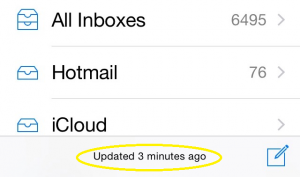It was right before one of my finals last semester. Usually, exam classrooms are arranged throughout the UT campus. I overheard one MPA talking to another, “I walked to more places on the UT campus today than I did in past 4 months.” It is not surprising that PCL and the productivity center are top picks for most business students, particularly traditional MPA (tMPA) students, because these are close to classes and tMPAs have limited time to explore campus. Although I am now a tMPA, I happened to obtain my undergraduate degree here as a science major. Thus, I am more familiar with campus than most of my peers. Here are a few libraries I would recommend if you are looking for a different place to study.
This is probably the second largest library on campus, but it is a bit of walk from McCombs, approximately 15 minutes. It opens at 10 am on Sundays, which is two hours earlier than the PCL. I like the spacious cubicles that each have plugs and light, so I am isolated from distractions but still have plenty of space. One interesting thing is that once you see the amount of reading of others, who are generally law students, suddenly you will feel the amount of reading and writing you do is rather light.
In my opinion, this is the most classical library on campus. It was built over 100 years ago, with antique furniture and modern equipment. If you can get a big table next to the window, it is an ideal place to study. The only downside is that you cannot bring food and drinks into library (you can leave them at the entrance desk). Another one is plugs are not as accessible in here as they are in PCL and the productivity center.
It is located on the second floor of the tower. Similar to the architecture library, it has a main hall full of character and historical atmosphere. Some people say this hall reminds them of Harry Potter. You can bring drinks and food into the library, but the plugs are not very accessible at the long wood tables. They also have another area behind the check-out desk that has individual tables, separated by screens, and plugs are very accessible there, but the internet connection is not as good (To me this is actually a good thing, avoiding unnecessary web surfing). This place provides options for those who like to study in an open space, as well as those who like to study in more isolated spaces.







